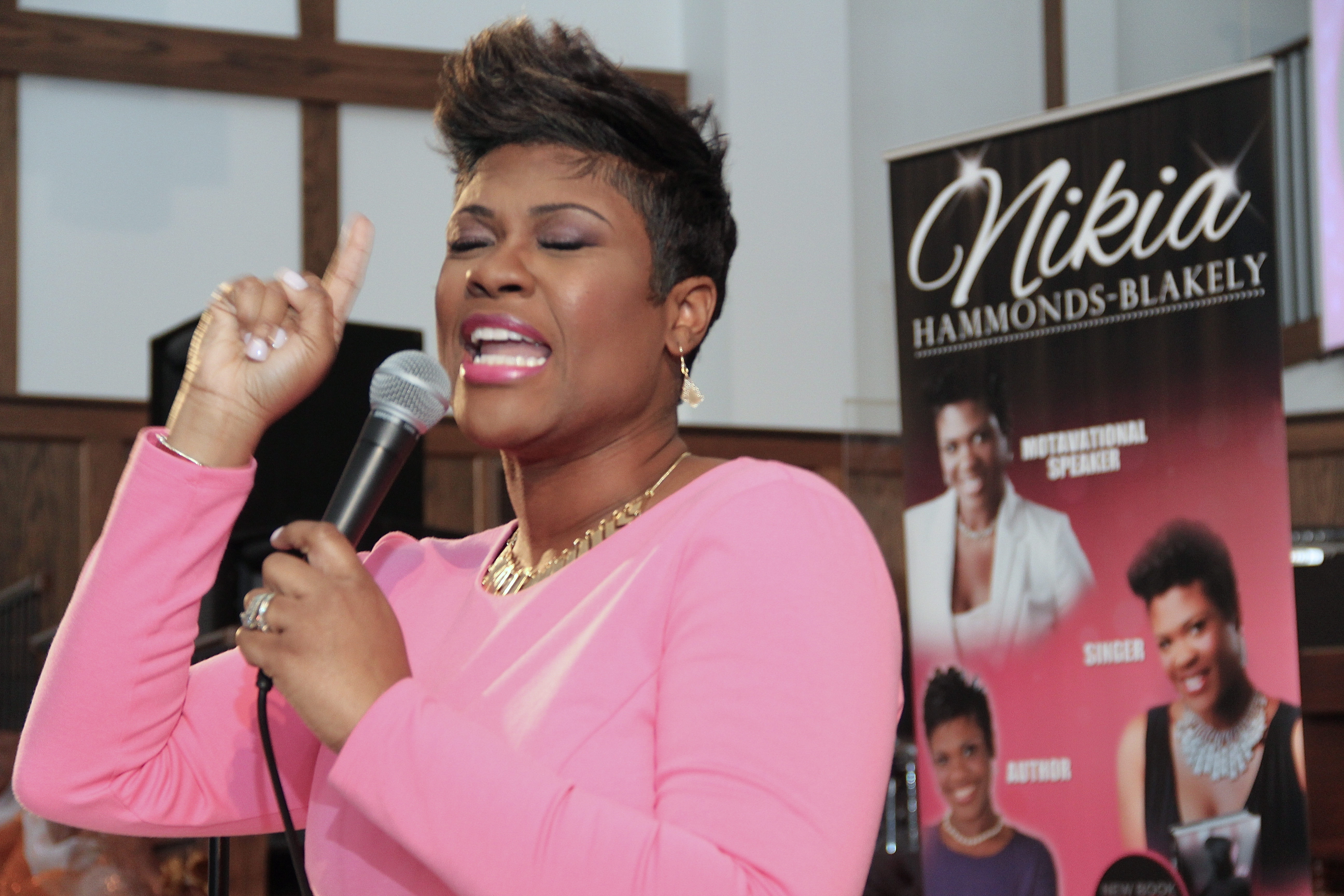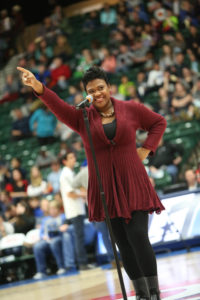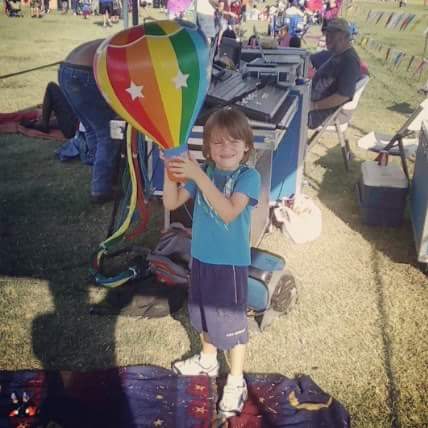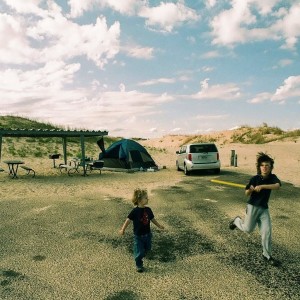 This festival is like nothing else in America. Its origin and functionality in our industry is modeled completely differently from any festival you will ever attend, work or perform at. I’ve been doing this festival since 2011 and have always worked as the house engineer for what I consider to be ‘pop-up’ venues; places that don’t normally have sound and that SXSW puts production into. So here is some of my advice, having lived through it for a few years.
This festival is like nothing else in America. Its origin and functionality in our industry is modeled completely differently from any festival you will ever attend, work or perform at. I’ve been doing this festival since 2011 and have always worked as the house engineer for what I consider to be ‘pop-up’ venues; places that don’t normally have sound and that SXSW puts production into. So here is some of my advice, having lived through it for a few years.
Places that normally don't have sound that SXSW puts production into.
Attitude
If you are in anyway a grumpy, or pessimistic person, this gig will run you down. You need to walk into this knowing that what sustains the event for the people around you, is how you react.
I like to prepare myself to have a good attitude, amidst the chaos, by planning. Before I leave for SXSW, I ask myself “what piece of equipment makes my day faster?” I bring a few of my favorite mics and DIs, zip-ties, gaffe tape, e-tape, several flash lights, screwdrivers, fans, adaptors, Y-cables, a soldering iron, solder, and instrument cable. Do you need all these extras to pull off a show? No, of course not, but in a pinch, I’d rather reach over and grab the easy solution. Someone forgot their instrument cable? You know what? No problem, got you covered. It’s easier than having to send them to ask all the other musicians if they can borrow one.
Another way to prepare yourself within your venue. I test every piece of gear, every day. I test every line, every day. Every mic, every day. I ring out my main system and my wedges, every day. I may not start from flat, but I go through to make absolutely certain that what I thought sounded good yesterday still sounds good today. I try to get all the input lists, and plan all the patch changes I can mentally keep in my head at one time. I show up an hour before my call-time to do these things.
Understand your role on show-day
This is big. Will you have a stage manager? Most likely. But understanding their experience level is key. Most are volunteers and have varying skill-levels. They start working, planning, and contacting artists long before the music festival portion of SXSW starts. Letting them know on the first day how you like to have your stage function is key. Find out how the backline will work, making sure they know, and you know, where it all is going to live, how it will come off the stage, etc. Don’t over talk it, just get to the point. If something feels like it’ll be a problem, do not think ” that’s their job, their problem”. Its ultimately your problem. If the band doesn’t start on time, everyone will be looking at you – pointing fingers won’t fly. Work as a team. Just remember, you do this for a living and the stage manager is probably doing this for the first time.
You will also have volunteers at your venue. They are not your resource. The stage manager is their boss and if you need anything, I recommend going through your stage manager. I’ve been lucky; this year I taught one stage manager how to over-under cables. After the first couple days, she seemed very interested in production and when I asked if she wanted to have a more active role, she said yes. That was her choice – coiling cables and helping manage the stage is not in their job description. Most help at the door, or maybe carry gear on and off the stage, but they are not your stage hands. However, they can be an untapped resource, depending on their level of interest and, of course, how
That being said, prepare for everything you can think of, and just accept that many things will be uncontrollable. Almost all the bands that will play your venue understand how SXSW flows. Road closures, broken gear, forgotten gear; approach everyone as if your venue could turn itself upside-down and, despite that they (the musicians) will have a great show. It works.
Just roll with it
Yes, sometimes a band will go over by fifteen minutes, but later in the evening another band might end ten minutes early. Don’t get stuck on the little details. If the SXSW production staff or the event sponsors are happy, then you are doing your job. I let my stage manager have total control of telling the band when to get off the stage. Usually the event runs on time, but I’ve seen some engineers really get bent out of shape. It’s SXSW – just go with the flow.
Musicians should keep in mind, when playing these venues, that a line check may be all you will get. Unfortunately, that’s just how it goes at pretty much all the venues. Rest assured, every line will work and we mix so many bands each day that the in-house engineer will work like a machine, sussing out your sound within the first song. We get hired to work these events specifically because we are trusted to fly like that. We want you to be happy, we really do, and we want to enjoy the music, and the faster we can make that happen, the better.
As a band or a solo artist, the best thing you can do is to make sure your management sends out the most up-to-date stage plot, and avoid changing it while we are loading onto the stage. Sometimes I will have already set up my patch based on your paperwork, which said that the keys are on stage left and percussion on stage right. I’ll roll with the change, but those changes can throw hiccups into the flow. Guess what we like at SXSW? A good flow.
Make sure your gear is in working order
Does your bass DI not work? Please tell the sound person ASAP. Do you have a passive pick up in your guitar? I highly recommend carrying an active pickup with you. Please know all the functions of your gear: There have been times someone has brought a piece of guitar gear that I’ve never seen before, and therefore don’t know how to troubleshoot it. Are you a keyboard player? Please have cables and back-up cables – maybe even back-up cables for the back-ups. You play so many shows that those cables could work fine at one venue, get thrown into your keyboard case, and then come out ruined. Same for guitarist: please bring back-up cables and back-up strings. Assume there is absolutely no way to get a replacement or repair any gear. All the music stores in town will be out of everything and so busy it’ll be a mental drain to get to them. If you are a DJ, bring a small table with you. Also be aware that stage vibrations may affect your turntables; if that will ruin your show, please find appropriate ways to eliminate that problem. The sound person will have limited resources for you to use if that happens.
The stories
This year, from the very first day, I had my backline show up exactly at downbeat. This was a new room with a PA that had not had a band play through it yet and there were lines that hadn’t been used at all. My venues operate on a line-check basis, and my band had shown up at their load-in time, two hours before downbeat. Having been excited about having so much time to soundcheck, we then had to scramble to get started on time. Between the sponsor, stage manager, volunteers, backline tech, and the band themselves, we got set up extremely quickly. The sponsor was very stressed-out while I sound-checked: I had continuous feedback on a vocal mic, and insisted on them holding-doors until I could suss out the problem. During this, I had several folks at FOH adding a mental strain to the process. In a moment of clarity, I realized the vocal had a processor on it that I wasn’t aware of, coming from the stage. Within minutes the feedback was solved. We opened doors and started only fifteen minutes late.
Another year, I came in to find my PA sounding ‘off’. This was the year that I learned a valuable lesson: trust your ears. I had issues with feedback and an overwhelming wonkiness. While the first band was sound-checking, I ran to another venue that a friend was running and asked for his advice. After running noise through the PA, I found that in all four of my three-way speakers, the mids had frozen. If you don’t know how to test your PA, I highly recommend learning that process. My friend left the other venue while he had touring engineer at FOH and came over, collected my volunteers and anyone else who was interested, and started the processes of replacing every mid. We lucked out as the company I was working for had extra parts. Guess what was the life-saver? Me bringing tools. I won’t ever leave tools at home again. Having screwdrivers was a life-saver.
If you get booked at SXSW, don’t sink with dread or get an overwhelming sense of fear about it. It’s an experience that can bring the best together. As an engineer, you’ll get stronger, tighter, and faster. As a band, you’ll earn a level of teamwork you never knew you had before. Just remember, the music festival is just a week. Let the experience build you as a performer or technician.
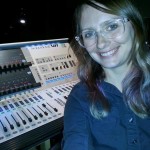 Aubrey Caudill: Aubrey lives in the Dallas Fort Worth area and works as a freelance audio engineer. She currently works for several area wedding bands and runs monitors at The Potter’s House North Dallas. She is also a mother of two sons under ten.
Aubrey Caudill: Aubrey lives in the Dallas Fort Worth area and works as a freelance audio engineer. She currently works for several area wedding bands and runs monitors at The Potter’s House North Dallas. She is also a mother of two sons under ten.
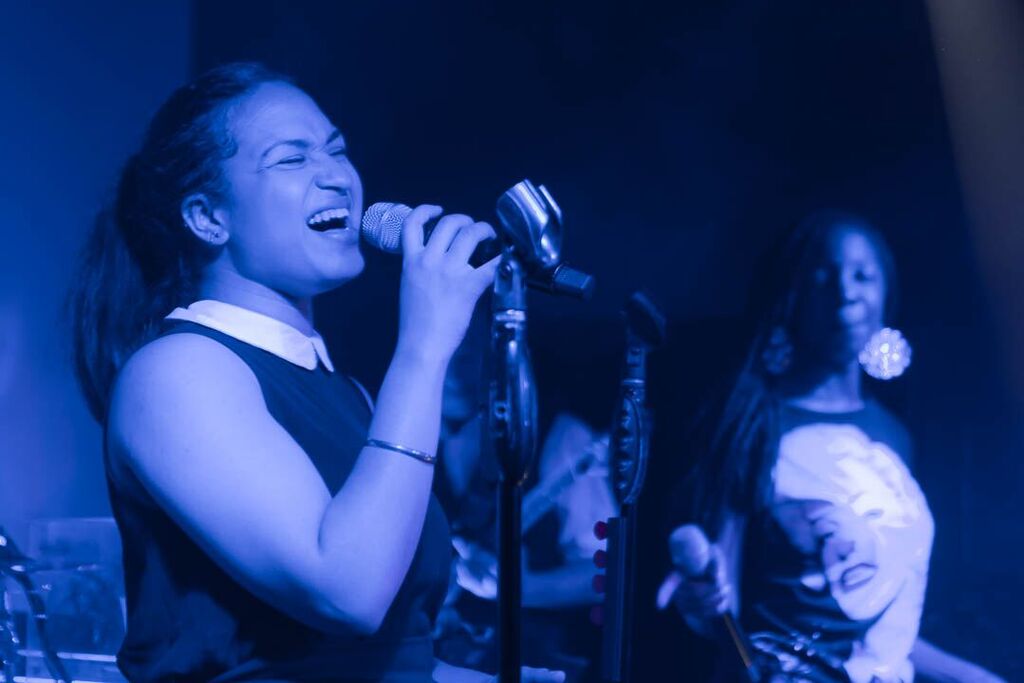
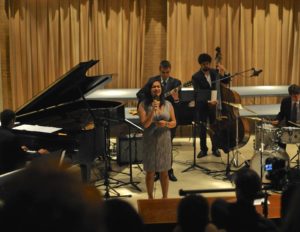 She has been using in-ears for about two years. She uses SE425s which are dual-driver generic in-ear. Her biggest struggle with using in-ears is getting the earbuds in and getting the ears to seal properly. As always, “right is red” is a good motto to remember. As we were talking, it came up how to properly clean or take care of in-ears. I always suggest to anyone who wears in-ears to carry audio-wipes disinfectant towelettes. You can buy them online from several mainstream sources. We also discussed that most generic in-ear providers offer several different-sized tips, which you can purchase online. These are essential items for a successful and healthy in-ear monitor experience.
She has been using in-ears for about two years. She uses SE425s which are dual-driver generic in-ear. Her biggest struggle with using in-ears is getting the earbuds in and getting the ears to seal properly. As always, “right is red” is a good motto to remember. As we were talking, it came up how to properly clean or take care of in-ears. I always suggest to anyone who wears in-ears to carry audio-wipes disinfectant towelettes. You can buy them online from several mainstream sources. We also discussed that most generic in-ear providers offer several different-sized tips, which you can purchase online. These are essential items for a successful and healthy in-ear monitor experience. Aubrey Caudill: Aubrey lives in the Dallas-Fort Worth area and works as a freelance audio engineer. She currently works for several area wedding bands and runs monitors at The Potter’s House North Dallas. She is also a mother of two sons under ten.
Aubrey Caudill: Aubrey lives in the Dallas-Fort Worth area and works as a freelance audio engineer. She currently works for several area wedding bands and runs monitors at The Potter’s House North Dallas. She is also a mother of two sons under ten.